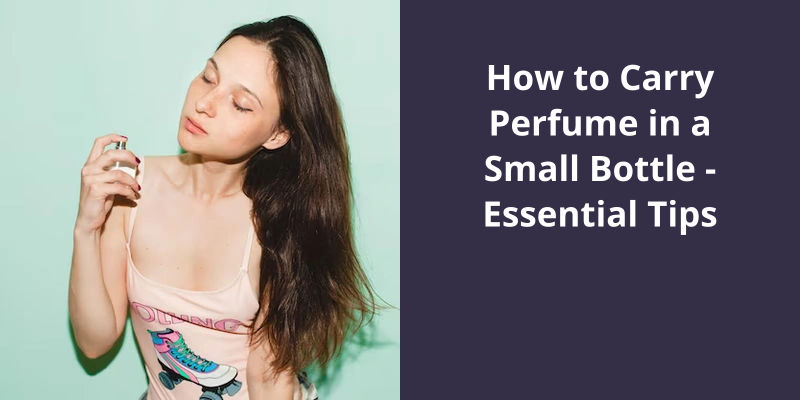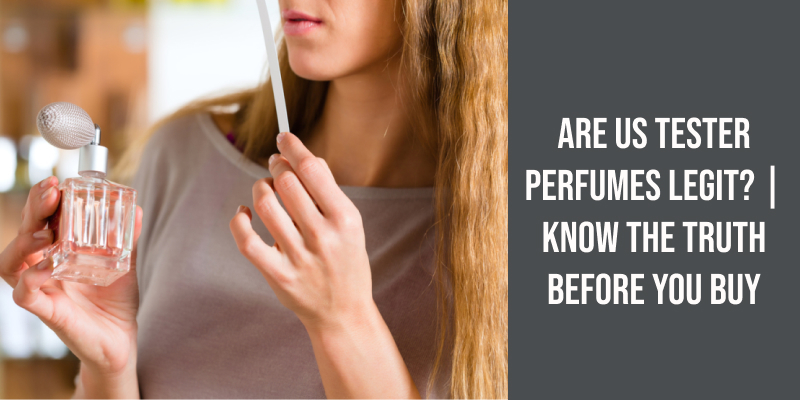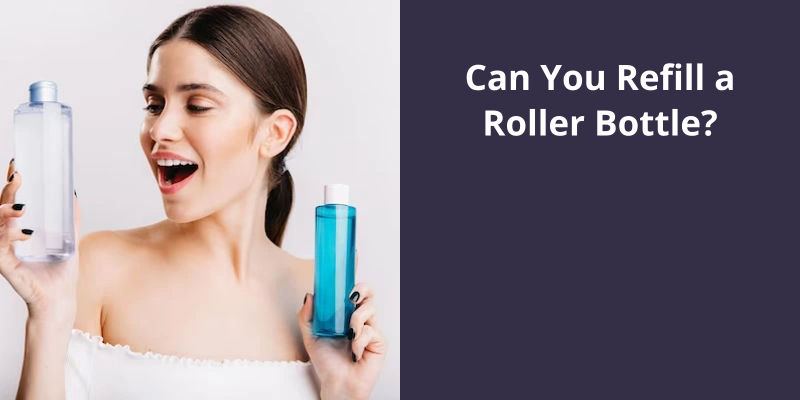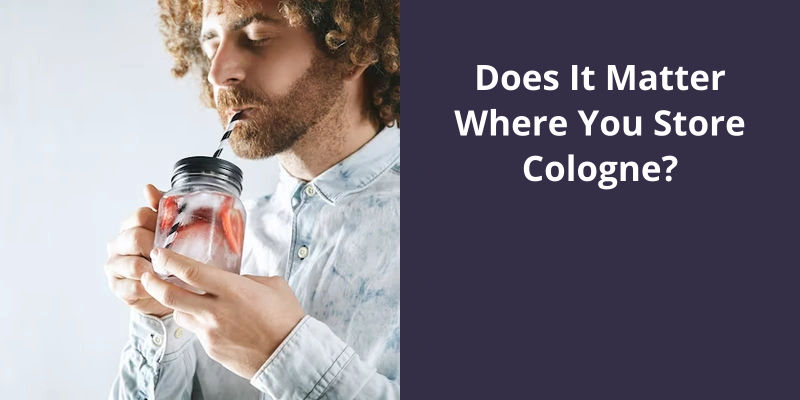Can you use glycerin on it’s own? This question arises as glycerin is renowned for it’s moisturizing properties. It’s a humectant, which means it attracts moisture from the environment and helps to lock it into the skin. However, using glycerin on it’s own may not provide the ideal level of hydration for your skin. Pairing it with fellow humectants like hyaluronic acid or emollients like plant oils or petrolatum can create a more effective and balanced moisturizing routine.

Can I Use Glycerin Without Water?
Using glycerin without diluting it with water isn’t recommended. Glycerin is a highly potent substance that can have adverse effects on the skin if used directly. It’s essential to dilute glycerin before applying it to the face or any other part of the body. Diluting glycerin helps to reduce it’s concentration and makes it safer for use.
However, it’s crucial to avoid getting the diluted glycerin in your eyes or mouth. Glycerin, even when diluted, can still cause discomfort if it comes into contact with sensitive areas such as the eyes or mouth.
Glycerin, commonly used in skincare, requires dilution unless it’s already incorporated in a moisturizer or similar product. To ensure safe and effective use, pure glycerin should be mixed with another ingredient like rosewater or vitamin E.
Does Glycerin Have to Be Diluted?
Pure glycerin is a versatile ingredient in skincare, but it’s typically recommended to dilute it before use. While glycerin can be used on it’s own, it’s best to mix it with another ingredient to reap it’s benefits without any negative side effects.
One of the main reasons to dilute glycerin is it’s powerful moisturizing properties. Glycerin attracts water from the surrounding environment and locks it into the skin, making it an excellent humectant. However, using pure glycerin directly on the skin can lead to excessive hydration, resulting in a sticky or greasy feeling.
By diluting glycerin with another ingredient, such as rosewater, you can achieve a lighter consistency that’s easier to apply and absorbs more readily into the skin. Rosewater not only adds a pleasant fragrance but also provides additional hydration and soothing properties, making it an ideal choice for dilution.
Another popular option for diluting glycerin is vitamin E. This antioxidant-rich ingredient not only enhances the moisturizing effects of glycerin but also provides nourishment and protection to the skin. Vitamin E is known for it’s ability to fight free radicals and promote overall skin health, making it a great complement to glycerin in skincare.
Benefits of Using Glycerin in Skincare
- Moisturizes the skin
- Improves the skin’s texture
- Acts as a natural humectant, attracting moisture to the skin
- Helps to balance oil production
- Softens and smoothens the skin
- Aids in healing and repairing the skin
- Reduces the appearance of wrinkles and fine lines
- Protects the skin from environmental damage
- Soothes and calms irritation and inflammation
- Can be used for all skin types, including sensitive skin
When it comes to skincare, dermatologists often recommend glycerin for it’s skin-friendly and noncomedogenic properties. It’s a safe and effective option for all skin types, including those with acne, rosacea, and eczema-prone skin. Dermatologists appreciate glycerin because it keeps the skin hydrated without causing irritation. But glycerin has even more benefits beyond it’s moisturizing abilities.
Do Dermatologists Recommend Glycerin?
Dermatologists highly recommend the use of glycerin due to it’s numerous benefits for the skin. It isn’t only skin-friendly but also noncomedogenic, making it suitable for all skin types. This makes it particularly beneficial for those with acne, rosacea, or eczema-prone skin.
As a humectant, glycerin has the ability to attract and retain moisture, resulting in soft, supple skin. It forms a protective barrier on the surface of the skin, preventing water loss and keeping the skin hydrated for longer periods. This is especially beneficial for individuals with dry or dehydrated skin, as glycerin helps in replenishing the skins moisture levels.
Moreover, glycerin possesses soothing properties that can calm and comfort the skin. It can alleviate inflammation, redness, and itching associated with various skin conditions, making it a suitable choice for those with sensitive or reactive skin. Glycerin is also gentle on the skin and rarely causes any adverse reactions, making it a safer alternative compared to other moisturizing ingredients.
It can be applied directly to the skin in it’s pure form or used as an ingredient in various moisturizers, serums, or lotions. It’s non-greasy texture makes it comfortable to wear throughout the day, and it can be easily absorbed by the skin without leaving a heavy or sticky residue.
It’s a safe and effective choice for individuals with various skin concerns and is known to promote overall skin health.
Now, let’s explore the potential risks and benefits of consuming glycerin in more detail.
Is It OK to Drink Glycerin?
Some people may wonder if it’s safe to drink glycerin on it’s own. Glycerin, a form of sugar alcohol, is widely used in the food and pharmaceutical industries for it’s sweetening properties and as a humectant. However, it’s important to note that consuming excessive amounts of glycerin, whether alone or through foods, can have some adverse effects on your body.
Glycerin is a substance that your body can’t fully absorb. These symptoms can be quite uncomfortable and may persist for some time.
That being said, it’s generally considered safe to consume vegetable glycerin in moderate amounts. Vegetable glycerin is derived from plant sources and is commonly used as a sweetener in various food products. It’s also often used in e-liquids for vaping. However, it’s still important to use it in moderation and to be mindful of any potential digestive issues that may arise.
If you’re considering using glycerin for medical purposes or as a supplement, it’s always best to consult with a healthcare professional before doing so. They can provide you with guidance on the appropriate dosage and any potential risks or interactions.
Conclusion
However, to maximize it’s hydrating effects, it’s recommended to pair glycerin with other complementary ingredients such as hyaluronic acid or emollients like plant oils or petrolatum. These combinations can enhance glycerin's moisturizing abilities and provide a more comprehensive and long-lasting hydration for the skin.





